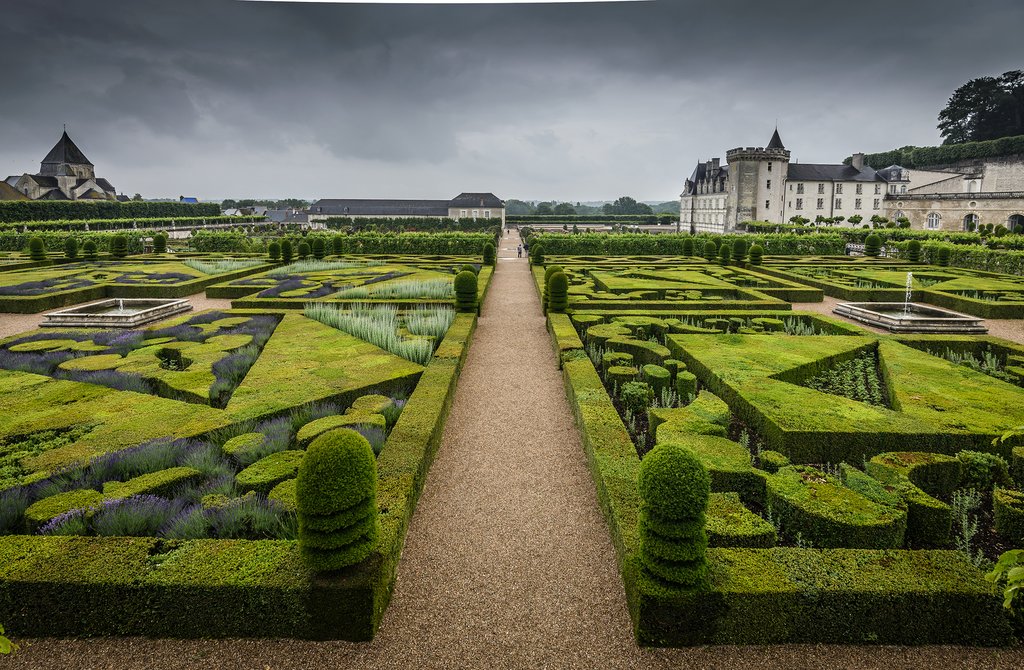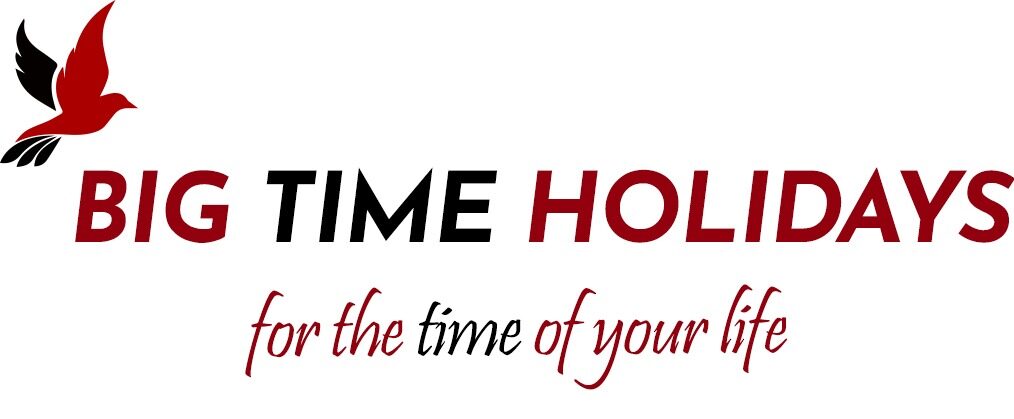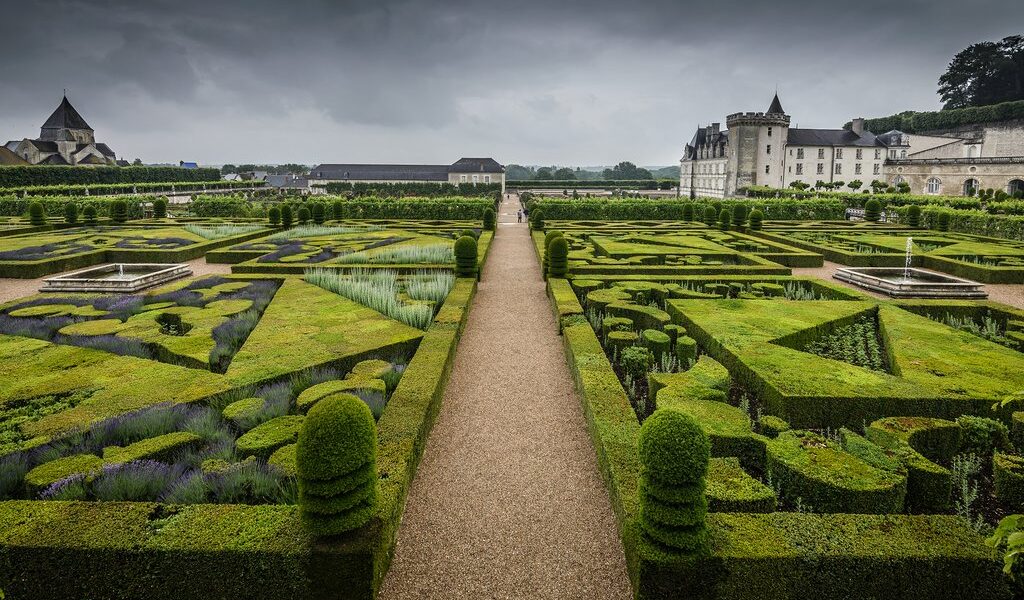
France offers year-round appeal, whether you’re craving sun and sea, powdery snow, or a peaceful, crowd-free escape. The winter months (December to February) are great for a ski holiday and cultural exploration, while the summer (June to August) is the busiest and priciest time of year due in part to its great weather. However, the best time to visit France is in the spring (April to May) or fall (September to November) when the weather is warm, and the crowds are manageable.
## A Comprehensive Guide to Seasonal Travel Planning in France
France, a land of unparalleled beauty and diversity, offers a captivating experience throughout the entire year. This enchanting nation boasts five majestic mountain ranges, namely the Pyrenees, the Massif Central, the Alps, the Jura, and the Vosges, alongside the embrace of significant bodies of water, including the vast Atlantic Ocean, the serene North Sea, and the sun-kissed Mediterranean Sea. This unique geographical combination renders France a veritable playground, welcoming visitors with open arms regardless of the season.
As the days shorten and a crisp chill fills the air, the winter months beckon with the promise of exhilarating snow-filled adventures. France transforms into a winter wonderland, offering the perfect opportunity to book a stay in one of the country’s over 250 top-notch resorts. These resorts cater to every level of ski and snowboard enthusiast, ensuring an unforgettable holiday experience. Beyond the slopes, the colder months provide an ideal setting for immersing oneself in the rich art and culture that France has to offer. Galleries, museums, and majestic châteaux await discovery, offering a more intimate experience due to the decreased presence of international tourists.
Spring arrives as a breath of fresh air, particularly the month of May. Many seasoned travelers consider spring, alongside the autumn season, to be the most opportune time to explore the wonders of France. This period is characterized by a delightful confluence of factors: fewer visitors, more affordable prices, and remarkably moderate temperatures. The countryside bursts into life with blossoming flowers, creating a picturesque backdrop for a host of outdoor activities. From invigorating hikes amidst the breathtaking landscapes of the Alps to thrilling whitewater rafting expeditions down the Verdon river, spring in France offers an abundance of unforgettable experiences.
Summer casts its warm and sunny spell, particularly over the southern regions of the country. The allure of golden beaches, vibrant festivals, and iconic attractions draws visitors from far and wide. However, this surge in popularity also brings challenges. Opportunities to secure affordable airfare or hotel deals become scarce, and popular destinations experience a significant increase in crowds. For those seeking to bask in the glamour of the French Riviera, the ideal time to visit is during the late spring, early June, or the month of September, when the crowds have thinned, and the weather remains pleasantly warm.
Autumn emerges as another exceptional period for experiencing the unique charm of France. The weather remains comfortable, offering respite from the summer heat, and the crowds are relatively sparse, allowing for a more relaxed and immersive travel experience. Autumn is the perfect season to embark on a tour of France’s vast and renowned wine country, where the vineyards transform into a breathtaking tapestry of autumnal colors. This is also an excellent time to admire the vibrant fall foliage that blankets the landscape and to explore the glamorous French Riviera at a more leisurely pace.
## Discovering the Delights of Spring in France (March to May)
Many seasoned travelers concur that spring is unequivocally the best time to immerse oneself in the beauty and charm of France. The weather, particularly during the months of April and May, is delightfully sunny and warm in the southern regions, while remaining mild and pleasant in other parts of the country. The landscape awakens from its winter slumber, adorned with a vibrant array of blossoming flowers, creating a picturesque and enchanting atmosphere. Moreover, the shoulder-season prices make this period even more appealing, offering exceptional value for money.
While it is always wise to pack an umbrella and a waterproof jacket as a precautionary measure, the sea temperature often becomes warm enough towards the end of May to entice even the most hesitant bathers to take a refreshing dip. The ski season continues its strong run throughout March, providing ample opportunities for winter sports enthusiasts to enjoy the slopes. For those who prefer to avoid the slopes, spring offers a unique opportunity to explore France’s major sights and attractions without the hindrance of large crowds. This means shorter lines for admission to iconic landmarks such as the Eiffel Tower, the Louvre Museum, and the magnificent Château de Versailles.
As April unfolds, the allure of the French countryside beckons, inviting visitors to discover the blooming beauty and elegant châteaux that grace the Loire Valley. This region transforms into a fairytale landscape, showcasing the architectural grandeur and natural splendor of France. Spring, in general, provides a plethora of excellent options for biking and hiking adventures, particularly on the captivating island of Corsica and amidst the majestic Alps. For those seeking an adrenaline rush, exciting whitewater rafting and kayaking experiences await in the breathtaking Gorges du Verdon.
### Key Spring Events in France
**Pâques (Easter and Holy Week), nationwide:** This significant religious holiday follows the liturgical calendar, which means it may fall in April, or sometimes even in March. During this period, the country comes alive with celebrations and processions that take place throughout the nation. Visitors should be aware that closures are typically observed on Vendredi Saint (Good Friday), Lundi de Pâcques (Easter Monday), and Sunday.
**Fête du Travail/ Fête du Premier Mai (Labor Day/ May Day), nationwide:** This national holiday, celebrated on May 1st, results in the closure of many businesses across the country. Most attractions also remain closed, as the French people choose to spend this day off relaxing and spending quality time with family and friends. As it is May Day, a cherished tradition involves gifting lilies of the valley to loved ones, symbolizing happiness and good luck.
**Fête de la Victoire 1945 or Jour de la Liberation (Victory Day), nationwide:** This holiday, observed on May 8th, commemorates the end of World War II in France and the liberation of the French people. Visitors can expect closures and celebratory parades to mark this important historical event.
## Embracing the Summer Season in France (June to August)
Summer undoubtedly reigns as the liveliest time of the year to visit France, and for good reason. The weather transforms into a beach-perfect paradise, and the festival season bursts into full swing, offering a vibrant array of cultural experiences. The extensive coastline and the captivating island of Corsica become magnets for summer crowds, particularly from July 14th (Bastille Day) to mid-August, as the French flock en masse to the seaside for their annual holidays.
Tourist season reaches its zenith in Paris, with a significant portion of the local population escaping to the glamorous French Riviera. June offers a slight advantage, as it precedes the peak tourist crush in most cities, making it an ideal time to venture outdoors and explore the myriad sights and activities that France has to offer.
Planning ahead is always a wise strategy, especially during the summer months. Hotels along the coasts, from Normandy and Britanny to the Aquitaine region, and from Marseille to Monaco along the breathtaking Côte d’Azur, tend to fill up quickly. However, travelers seeking a more secluded experience can often find fewer holidaymakers (both local and foreign) west of Marseille to Côte Bleue, a captivating region that extends to the enchanting Camargue.
Provence offers more than just stunning beaches and sweetly-scented lavender fields. For active hikers, the region provides an opportunity to venture inland and hike the Valley of Wonders in Mercantour National Park, a protected area teeming with natural beauty. Alternatively, one can try the Cirque du Gavarnie route in the Pyrenees, which rewards hikers with breathtaking views of Europe’s largest waterfall.
### Key Summer Events in France
**D-Day Festival, nationwide:** From late May to mid-June, Normandy hosts a diverse array of events, including a parade and musical salute to veterans on June 6th, commemorating the anniversary of the D-Day landings and France’s liberation. Visitors can also expect fireworks displays, historical reenactments, captivating concerts, and specially curated tours.
**La Fête de la Musique (Music Festival), nationwide:** On the day of the summer solstice, June 21st, all genres of music are celebrated throughout France. Free performances can be enjoyed on the streets, in parks, in museums and concert halls, and in various bars and restaurants.
**Tour de France:** The world’s most renowned cycling competition spans three weeks in July, with the precise dates and routes changing annually. Even for those who are not avid cycling enthusiasts, checking the schedule is highly recommended. The route traverses numerous cities and towns throughout the country, and lodging options in these locales are often fully booked well in advance.
**La Fête de la Bastille (Bastille Day), nationwide:** This national holiday, celebrated annually across the country on July 14th, marks the anniversary of the 1789 storming of the Bastille Prison, a pivotal event that triggered the French Revolution.
**L’Assumption (Assumption of Virgin Mary), nationwide:** This public holiday, observed on August 15th, honors the assumption of Mother Mary into heaven. Expect some closures as the country observes this religious event.
## Autumn in France: A Season of Charm and Bounty (September to November)
While the weather may turn a little cooler and greyer, with bouts of rain becoming more frequent, autumn remains one of the most rewarding times of year to discover the authentic charm of France. The opportunities for exploration are endless, ranging from outdoor activities and cultural events to a plethora of wine-and-food-related festivals.
If the weather turns damp, particularly in November, embracing France’s rich cultural offerings and indoor activities is highly recommended. Museums and galleries provide excellent havens for intellectual and artistic enrichment, while indulging in the delectable French cuisine offers a sensory experience that is second to none.
Sample the savory rosette de Lyon in Lyon, embark on a quest to hunt for the elusive black truffle in Carpentras, and savor the full-bodied red wines in Bordeaux and Burgundy, two of France’s key wine-producing regions. To counteract the indulgence in culinary delights, head outdoors and immerse oneself in the stunning fall foliage, particularly in Fontainbleau, where you can visit the 12th-century Château and its extensive gardens.
For a more invigorating experience, consider joining a kayaking excursion of Calanques National Park or embarking on a trek along the historic Cathar footpath in the foothills of the Pyrenees.
Regardless of the specific month, airlines and hotels typically introduce shoulder-season rates during the autumn months, offering significant savings that further enhance the season’s appeal.
### Key Autumn Events in France
**Fête de la Gastronomie (French Gastronomy Festival), nationwide:** This annual nationwide food festival takes place on the last weekend of September, celebrating the exquisite tapestry of French cuisine with a diverse array of events. These events may include chef demonstrations, interactive workshops, wine cellar and brewery tours, discounted gourmet cuisine, and tantalizing tastings.
**Nuit Blanche (White Night), Paris:** On the first weekend of every October, Paris’ museums, galleries, and cultural institutions open their doors throughout the night, welcoming visitors free of charge to immerse themselves in the city’s artistic and intellectual landscape.
**La Toussaint (All Saints Day):** November 1st is a public holiday that commemorates the dead. Expect some closures as the French honor their departed loved ones.
**Armistice de la Première Guerre Mondiale (Armistice Day):** November 11th is a solemn national holiday marking the end of World War I. Many schools and businesses remain closed on this day, and families often visit the graves of their departed loved ones. Numerous rites and rituals are held at the great French battlefields, offering a poignant reminder of the sacrifices made during the war.
**Beaujolais Nouveau (Festival of New Wine):** On the third Thursday of November, this annual nationwide event celebrates the release of the new wine at 12:01 am, just weeks after the grape harvest. The festivities typically involve music, fireworks, and lively parties.
## Unveiling the Winter Wonders of France (December to February)
Winter in France may fall squarely within the gray, wet, and chilly off-season, but those who venture here from December to February are in for some pleasant surprises and unforgettable experiences. Not only are there fewer crowds to contend with and cheaper airfare and hotel prices to secure, but there are also a plethora of activities and events that cater to diverse ages and interests.
Winter sports enthusiasts flock to the mountains and resorts for some of the world’s best skiing conditions, ranging from purpose-built slopes to traditional tree-lined runs throughout the Alps, Jura, and the Pyrenees.
For those who prefer to avoid the slopes, there are numerous other activities to enjoy, including sledding, ice skating, snowshoeing, and indulging in the après-ski scene, which involves cozying up by crackling fires and savoring mulled wine in charming alpine ski lodges.
For those seeking Christmas cheer, a visit to Strasbourg, Amiens, and Colmar is highly recommended. These cities are renowned for their twinkling lights, charming Christmas markets, and delectable seasonal treats.
Meanwhile, the lively Carnaval season kicks off in France’s warmer south, welcoming the approaching spring with vibrant celebrations. Head to the Côte d’Azur for milder weather and Menton’s colorful Fête du Citron.
### Key Winter Events in France
**Christmas Eve & Christmas Day:** Both days are celebrated across France in much the same way as they are in many countries that observe the Christian holiday. The festivities typically involve a Christmas Eve meal, followed by a visit from Santa Claus during the night. Christmas is a national bank holiday, so it’s important to note that many businesses will be closed.
**New Year’s Day, nationwide:** This is a national bank holiday, and nationwide closures are to be expected. Transportation schedules will typically follow a holiday schedule, with reduced services.
**Epiphany/ Feast of the Kings:** This national holiday, held annually on January 6th, marks the twelfth day of Christmas. A customary tradition involves serving a special cake known as une galette de rois, which contains a porcelain figure hidden inside. The person who receives the slice with the figure is crowned king or queen for the day.
**La Grande Odyssée Savoie Mont Blanc:** This challenging international sled dog race spans 11 days throughout Savoie and Haute Savoie. The event opens with a variety of activities, including fireworks displays, igloo building workshops, and snowshoeing excursions.
**Le Carnaval:** Held 40 days before Easter on the liturgical calendar, France’s Carnival celebrations typically occur sometime between January and April, but often fall in February. The Nice Carnaval, held on the French Riviera, attracts over one million visitors and is arguably one of the most famous Carnival events in the world, lasting for a full two weeks.
B-855

